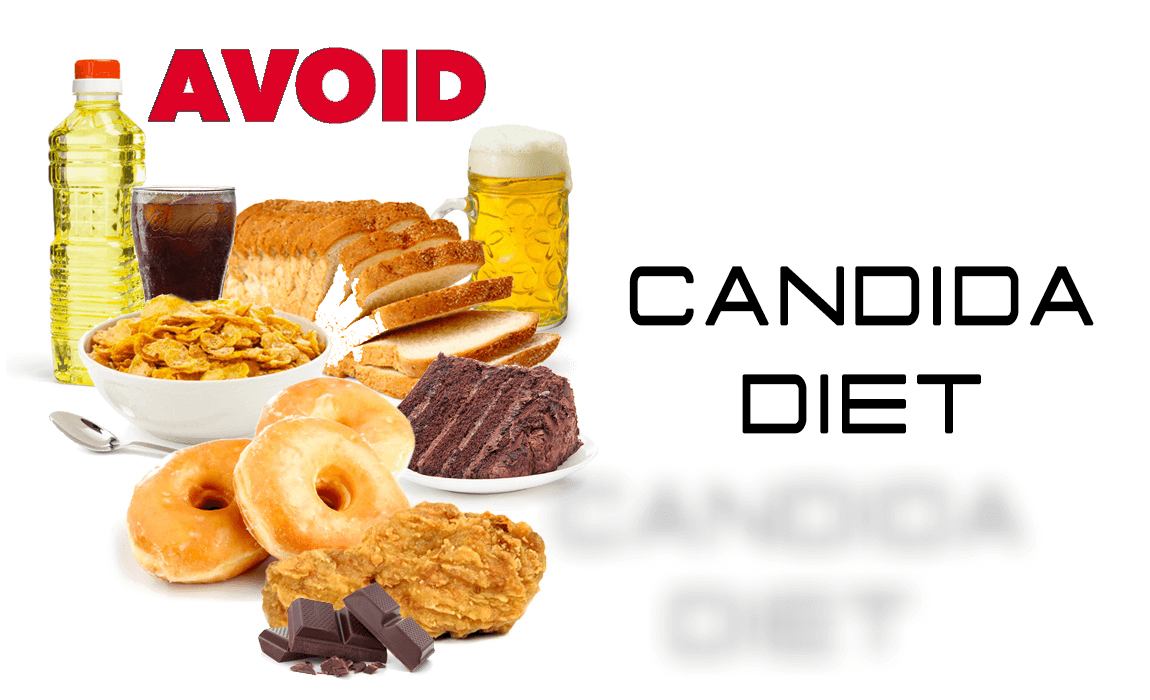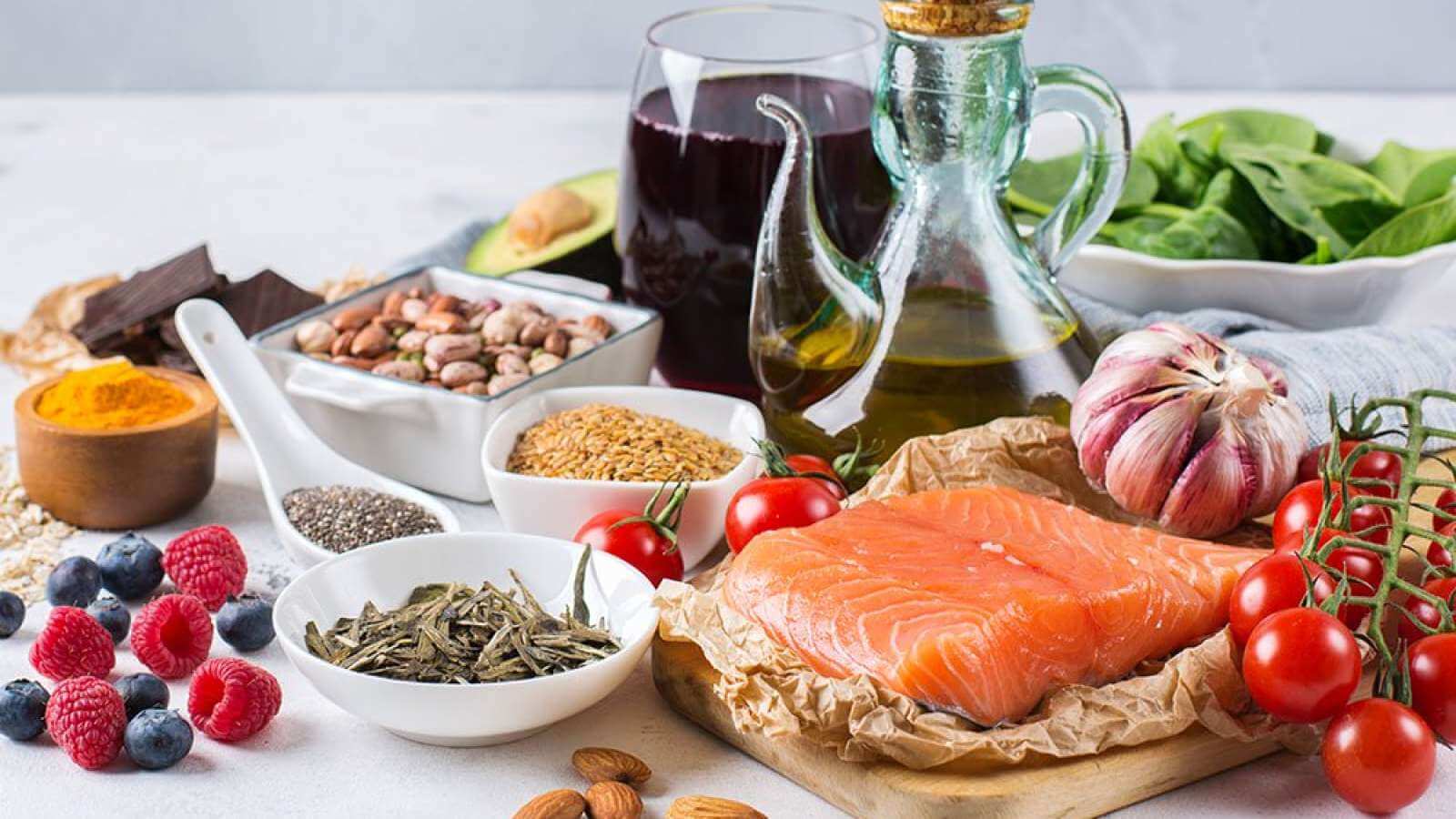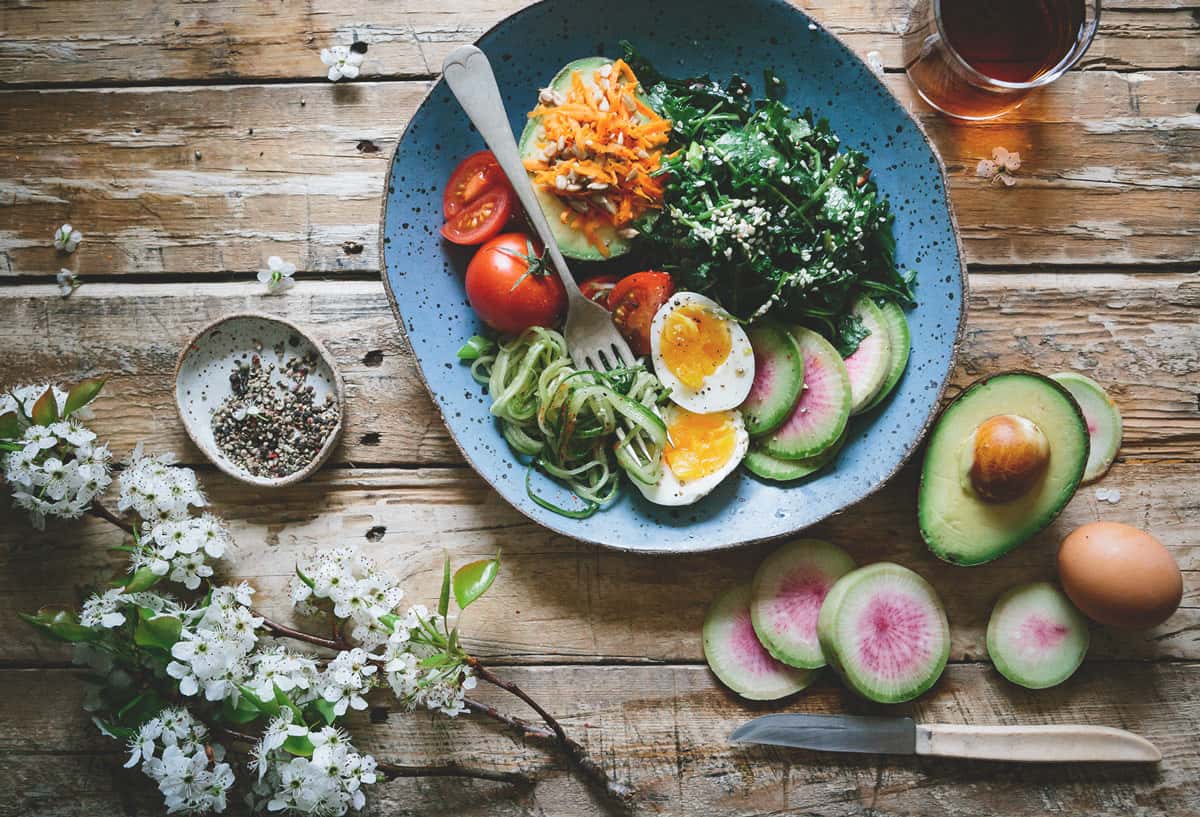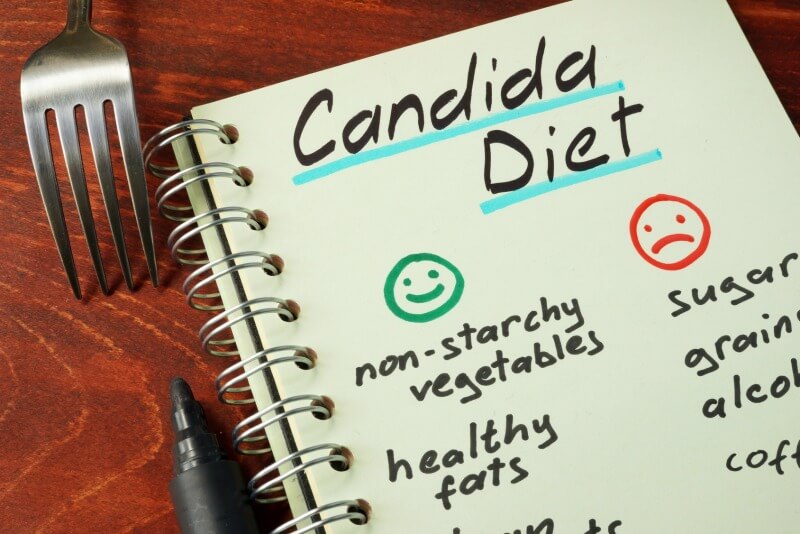Currently, it feels like there are a thousand elimination diets out there that will cure every ailment. And many diets are trending because of either their celebrity connect or their effects, one such diet in fad is the Candida Diet.
The Candida diet is often cited by practitioners of complementary and alternative medicine as a way to treat a supposed overgrowth of a naturally occurring, fungus-like organism in the gut called Candida albicans, also known as ‘yeast syndrome’. To cure this syndrome, the experts recommend a Candida cleanse diet. The diet eliminates sugar, white flour, yeast and cheese, based on the theory that these foods promote candida overgrowth.
Candida albicans is deemed to be harmless in most people and generally only poses a risk to those with severely compromised immune systems. So if your immune defences are low or you have a pre-existing health condition, it may become problematic.
It’s considered normal to find candida in the human gut (gastrointestinal tract), also on skin and in the mouth, but an overgrowth of candida can exacerbate existing gastrointestinal diseases such as ulcerative colitis, Crohn’s disease and a wide variety of common symptoms such as fatigue, poor digestion, irritable bowel syndrome, headaches and poor memory; wrecking havoc throughout your body.
An anti-candida diet is not a rocket-science neither it is some hard-core diet plan where you will have to beat your craving and needs down. To treat it, the advocates of the theory recommend following a restrictive diet that cuts out foods thought to contribute to candida growth, often including sugar, white flour, cheese, caffeine, yeast-containing foods such as beer, wine, vinegar and bread, and sometimes starchy vegetables and fruit. If you stop eating sugar and white flour, you’ll generally wind up cutting out most processed foods, which tend to be higher in calories and lower in nutritive value. Not surprisingly, many people note improvement in various symptoms when following this diet. You can take up this diet for say 90 days and cleanse your guts away.
But hold your horses, before you attack candida with everything you’ve got, (don’t follow articles like this one as a memoir from the god), do talk to your doctor first about any health issues that are troubling you already, ask for the possible courses of treatment and find out if candida’s even a problem for you. Knowing the Severity of the problem is a must. And once you get a green signal then go ahead and conquer the yeast.
Other things to keep in mind-
Your body is 80 per cent water so you can’t keep it running smoothly when you drink fewer than 4 glasses of water a day. Without water your ‘plumbing’ gets backed up—your lymphatic system becomes sluggish, your kidneys become overstressed, your colon becomes constipated, and your liver and gallbladder become congested. Gosh! So much for not drinking water? And please, soda, coffee, iced tea, and fruit juices are not substitutes for water. These beverages do not hydrate the body and its organs in the same way that water does.
Another great way to nourish your body on an anti-fungal diet is juicing. Fresh vegetable juice immediately fills your bloodstream with live enzymes, vitamins, and minerals. Juicing is also alkalinizing to your body because it leaches out acidic waste products. Your digestive system doesn’t have to work hard to absorb vitamins and minerals from juice, since the fibre is missing, which makes it an easier way to load up on vegetables on a daily basis.
When you’re juicing, be sure not to include large amounts of sweet vegetables or fruit; without the fibre, the juice is absorbed quickly and causes a rapid spike in blood sugar. If you want to eat a high-sugar fruit, eat the fruit itself or use it in a smoothie, where the fibre is beneficial and will temper blood sugar spikes. Suggestive, low-sugar veggies ideal for in your glass of cleansing-juice are celery, parsley, cilantro, cucumber, fennel, spinach, kale, collard greens, mint, Brussels sprouts, string beans, red, yellow, and green peppers, broccoli, cabbage, endive, asparagus.















